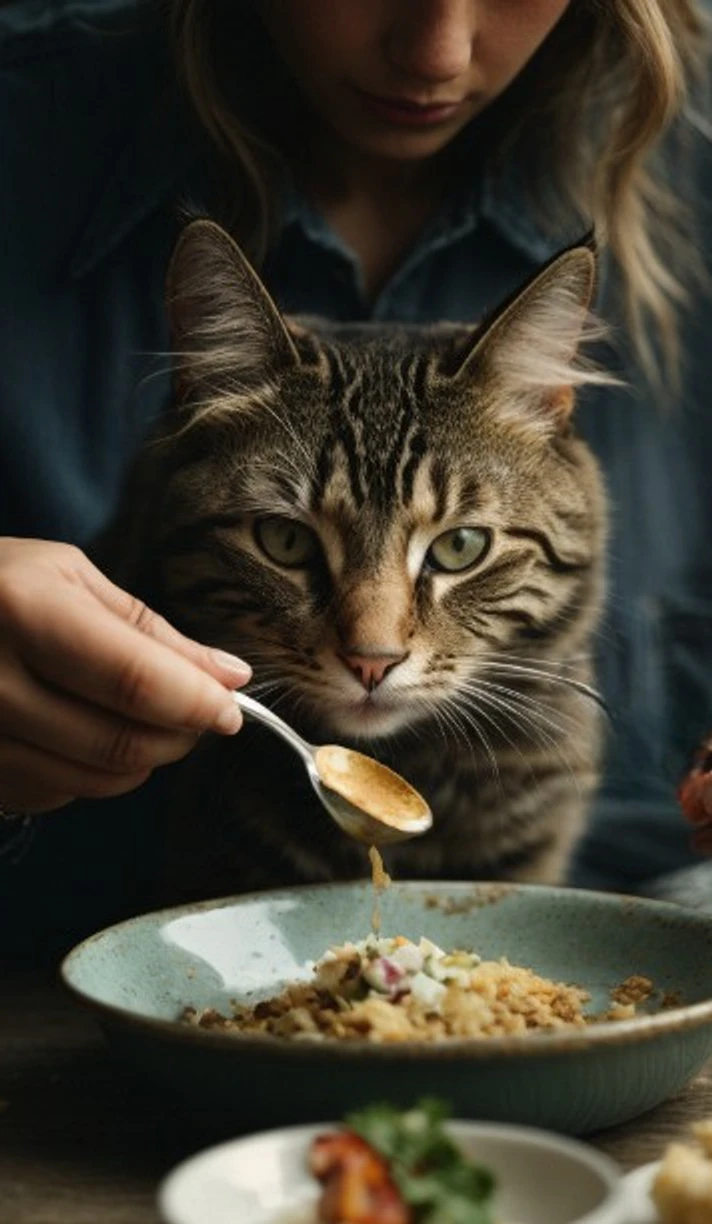Supplementing Homemade Cat Food: What You Need to Know

Many cat owners choose to feed their cats homemade food for greater control over ingredients and nutrients. However, creating a complete and balanced homemade diet for cats takes care and planning. Homemade cat food will likely need supplements added to make sure your cat's nutritional needs are met.
Why Supplements are Needed
Homemade food lacks many of the synthetic vitamins, minerals and nutrients added to commercial cat foods to meet established nutritional profiles. Some key considerations when supplementing homemade cat food:
- Protein - Cats are obligate carnivores and require a high protein diet. Meats used may not provide ideal amino acid balance.
- Vitamin A - Cats cannot convert beta-carotene to vitamin A like dogs, so they require preformed vitamin A from animal sources.
- Arachidonic acid - Cats require this essential omega-6 fatty acid found in animal tissues.
- Vitamin B - Cats require higher levels of many B vitamins compared to dogs.
- Taurine - Cats cannot synthesize this amino acid so it must come from diet. Deficiency causes heart and eye damage.
Without adding supplements to balance these nutrients, cats fed homemade food are at risk for malnutrition and health issues over time.
Choosing Quality Supplements
When adding supplements to your homemade cat food, keep these tips in mind:
- Purchase from reputable manufacturers - Stick to well-known brands that focus on pet nutrition and quality control. Avoid generic or human supplements.
- Avoid one-size-fits-all products - Seek out feline-specific formulas with appropriate nutrient levels.
- Check for seals of approval - Look for supplements approved by AAFCO to meet cat nutritional standards.
- Read labels carefully - Ensure the supplement addresses any known nutritional gaps in the diet. Avoid unnecessary or risky ingredients.
- Discuss with your vet - Your veterinarian can recommend appropriate supplements based on your cat's diet and health status.
Some well-researched supplement brands used by cat owners include Animal Essentials, Feline Natural, and Wholistic Pet Organics.
Supplement Options for Homemade Cat Food
There are two main approaches to supplementing homemade cat food - with premixed powders/products or by using individual vitamins and minerals.
Premixed Powdered Supplements
- Pros: Easy to use, designed to meet all nutritional needs, customizable amounts.
- Cons: More processed, set formulations may not suit every cat, measuring small amounts can be tricky.
Examples: Dr. Harvey's, Liquid Health Pets Green Mush, Lakse Katten Nutritional Yeast
Individual Supplements
- Pros: Can customize to your cat's needs, use recognizable ingredients, adjust over time.
- Cons: Requires research to provide complete nutrition, buying multiple products can be costly.
Examples: Feline taurine powder, fish/krill oil, vitamin E capsules, bone meal powder
Work with your veterinarian to determine which approach makes the most sense for your cat.
Dosage and Delivery of Supplements
Follow package instructions when determining how much of a supplement to use. Consider:
- Cat's weight and life stage - Growing kittens and overweight cats require different amounts.
- Overall diet - Account for nutrients provided by the homemade food ingredients.
- Health conditions - Issues like kidney disease may require reduced phosphorus.
Supplements can be delivered in various ways:
- Mix into meals - Powders and oils can be stirred into each meal.
- Compounded chip treats - Some companies make freeze-dried treats with supplements added. This masks taste and makes dosing easier.
- Gel supplements - Nutrient gels applied on the ear make supplementation easier for picky cats.
- Pill/capsule form - Tablets or capsules can be given like medication if your cat will swallow them.
Start supplements gradually and transition formulas slowly to avoid GI upset.
Potential Problems to Watch For
Be alert for these potential issues when supplementing homemade cat food:
- Incomplete nutrition - If not researched properly, you may still miss key nutrients. Have your vet review the full diet.
- Imbalances from oversupplementing - More is not always better. Too much of some vitamins can cause toxicity.
- Picky eaters - Flavor and texture changes from powders may turn some cats off to their food. Go slow with additions.
- Loose stool - Too much fat or sudden diet change may cause digestive upset. Make additions gradually.
- Medication interactions - Check with your vet on supplement-drug interactions if your cat takes any prescription medications.
With the right supplements from reputable brands, you can successfully formulate a complete homemade diet for your cat. Partner with your veterinarian and monitor your cat closely to ensure the diet keeps them happy and healthy.